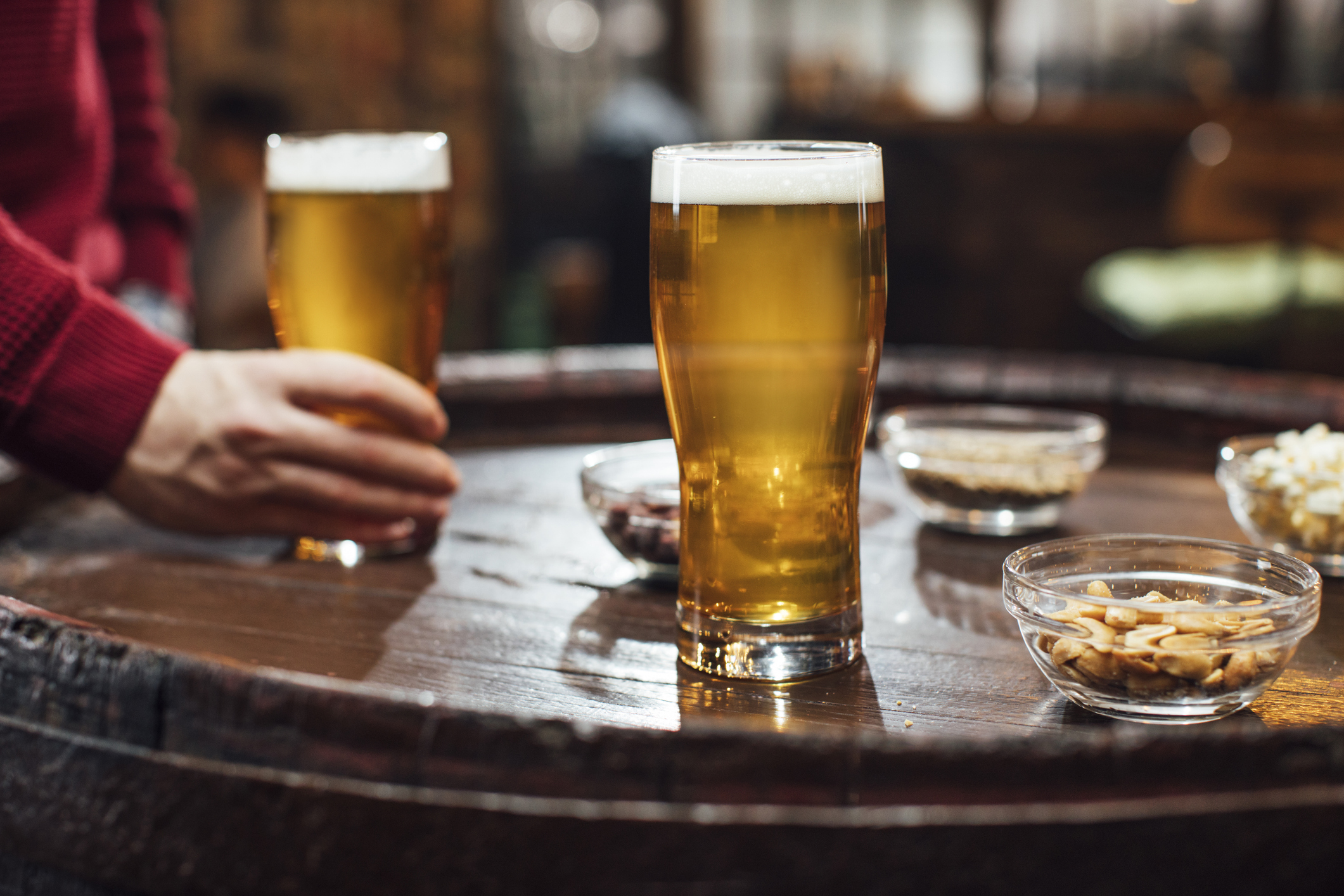Grief is a profoundly personal experience that touches everyone at some point in their lives. For those in recovery from addiction, the emotional turmoil brought on by losing someone you love can be particularly challenging. When grief is too much, the feelings of sadness, anger, and confusion can trigger a desire to revert to old coping mechanisms, such as substance use. However, it is possible for a person coping with grief to navigate this difficult time while maintaining sobriety with grief coping skills and grief resources. Read on to learn more about understanding grief and loss and various strategies to help individuals healthily cope with grief and stay committed to their recovery journey.
Understanding Grief and Loss and Its Impact on Recovery
Pain and grief are complex emotional responses to loss, often characterized by a range of feelings, including sadness, anger, guilt, and even relief. Each person’s experience with grief is unique, shaped by their relationship with the deceased and the circumstances surrounding the loss. It is essential to recognize that grief does not follow a linear path; individuals may cycle through different emotions and stages multiple times before reaching acceptance. There can be up to 12 stages of grief and other circumstances, like complicated grief or delayed grief.
Grief in Addiction Recovery
For those recovering from addiction, grief can pose a significant risk and can contribute to conditions such as depression in recovery. The intense emotions associated with loss can lead individuals to seek solace in substances, which may provide temporary relief but ultimately exacerbate feelings of guilt and shame. Understanding this connection is crucial for developing effective coping strategies that prioritize sobriety.
The Importance of Awareness
Being aware of one’s emotional state during the grieving process is vital. Individuals in recovery should take note of their feelings and recognize when they might be at risk of relapse. This self-awareness can serve as a powerful tool for navigating grief while remaining committed to sobriety. Grief counseling techniques can be helpful. In tragic circumstances such as grief after a suicide or overdose, intensive grief counseling and therapy and PTSD support groups may be a wise idea to help keep recovery strong.
Building a Support Network
Having a solid support network is essential for anyone in recovery, especially during times of grief. Friends, family, and fellow members of recovery groups can provide a safe space to share feelings and experiences. Reaching out to these individuals can help alleviate isolation and promote healing.
Seeking Professional Help
After losing a friend or family member, professional help can be invaluable. Therapists or counselors specializing in grief and addiction can offer guidance and coping strategies tailored to individual needs. They can help individuals process their emotions and develop healthier ways to cope with loss. Treatment for grief and loss would include a treatment plan for grief that can help make days manageable again.
Attending Support Meetings
Support meetings, such as those offered by 12-step programs, can provide a sense of community and understanding. You can also search for “grief groups near me” to find something more specialized. Sharing experiences with others who have faced similar challenges regarding death and trauma can foster connection and support, reinforcing the commitment to sobriety.
Establishing Healthy Coping Mechanisms
Allowing oneself to feel and express emotions when missing a loved one is crucial to coping with grief. Rather than suppressing feelings, individuals should allow themselves to cry, feel angry, or experience sadness. This emotional release can be cathartic and facilitate healing.
Engaging in Creative Outlets
Creative expression can serve as a powerful outlet for grief. Activities such as writing grief journal prompts, painting, or playing music can help individuals process and connect with their feelings constructively. Keeping a grief journal allows for reflection and expression of thoughts and memories associated with the lost loved one. Memorial ideas may also be healing. Memorialization and remembrance can bring a sense of closure while you’re mourning losing a friend or family member.
Practicing Mindfulness
Mindfulness techniques can help individuals stay grounded during turbulent emotional times. Simple practices like deep breathing, meditation, or yoga can promote relaxation and clarity. These techniques encourage individuals to observe their thoughts without judgment, fostering a sense of calm and acceptance.
Maintaining a Daily Routine
After losing a parent or mourning another loss, maintaining a daily routine can provide a sense of stability and normalcy. Simple tasks such as preparing meals, exercising, and getting enough sleep can help individuals stay focused and grounded. Establishing a routine can also prevent feelings of being overwhelmed by grief. This doesn’t mean you stop remembering the loved ones who have passed away; it just further grounds you in your daily life.
Prioritizing Self-Care
Self-care is crucial for emotional and physical wellbeing. Individuals should prioritize healthy eating, regular exercise, and sufficient rest. Engaging in activities that bring joy and fulfillment can also contribute to overall health during this challenging time.
Setting Realistic Goals
Setting small, achievable goals can help people regain control over their lives. These goals can be related to personal interests, hobbies, or even aspects of recovery. Accomplishing these tasks can provide a sense of purpose and motivation.
Navigating Triggers and Cravings
Understanding personal triggers is essential for maintaining sobriety while grieving. Certain places, people, or activities may evoke memories of the lost loved one and lead to cumulative grief and cravings for substances. Being mindful of these triggers can help individuals avoid situations that compromise their recovery.
Developing a Plan for Cravings
Having a plan for dealing with cravings can empower you during difficult moments. This plan may include reaching out to a trusted friend, attending a support meeting, or engaging in a healthy distraction, such as walking or practicing a hobby.
Utilizing Coping Strategies
In times of pain and grief, employing coping strategies can help individuals manage their emotions without resorting to substances. Techniques such as deep breathing, journaling, or engaging in physical activity can provide healthy alternatives to coping with grief.
Embracing the Journey of Grief
Grief is not a straightforward process, and the journey may involve ups and downs. Grief in addiction recovery can be particularly challenging. It is normal to experience a range of emotions, and people should allow themselves the grace to navigate these feelings without judgment.
Seeking Continued Support
Pain and grief may lessen as time passes, but it is essential to continue seeking support. Regular check-ins with friends, family, grieving resources, or other support groups can help those struggling with grief stay connected and maintain their commitment to sobriety.
Reflecting on Personal Growth
Grief can lead to personal growth and transformation. People should reflect on their experiences and how they have changed throughout the 12 stages of grief. Recognizing one’s resilience and strength can foster a sense of empowerment in dealing with grief in addiction recovery.
If you or a loved one is struggling with addiction, Mountainside can help.
Click here or call (888) 833-4676 to speak with one of our addiction treatment experts.

 By
By 







